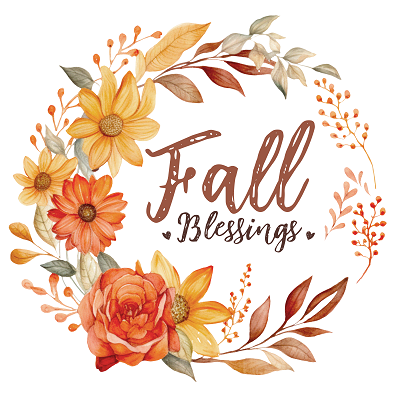 If you have noticed that your anxiety always peaks near the beginning of the fall season, you are not alone. This is sometimes called seasonal anxiety or autumn anxiety, as it happens around this season.
If you have noticed that your anxiety always peaks near the beginning of the fall season, you are not alone. This is sometimes called seasonal anxiety or autumn anxiety, as it happens around this season.
Like all forms of anxiety, it is not caused by any one thing. Some people get anxiety this time of year due to the weather changing, others experience it because their routine and schedule changes so drastically.
It helps to understand the signs and symptoms of seasonal anxiety, so that you can start working on remedies as soon as possible.
Physical Signs
The first signs you will probably notice when it comes to anxiety are the physical signs. These tend to occur before any emotional or behavioral signs, even if you don’t realize it is your anxiety. Here are some symptoms that might mean you have anxiety:
- Restlessness – You may start feeling very restless, without understanding why. If you can’t sit still or focus, this could be a sign of anxiety.
- Fatigue – Fatigue is a very common sign of anxiety, where you feel physically drained and like you can barely get anything done without needing a nap.
- Dizziness – Dizziness has many causes, but when accompanying these other symptoms, it could be from your anxiety.
- Panic attack symptoms – Many people experience a panic attack or symptoms related to panic, such as tunnel vision, a racing heartbeat, and uncontrollable sweating.
Emotional and Behavioral Signs
The next series of symptoms experienced when you have anxiety are the emotional, mental, and behavioral signs. Some people only notice these, while others experience them along with the physical signs. Either way, it is important to understand that they could be signaling you to your anxiety.
- Trouble Focusing – Focus and concentration is often lacking when you struggle with anxiety. If you notice you can’t focus more than a few minutes or concentrate on anything without your mind wandering, it might be from your anxiety.
- Excessive Worrying – Everybody worries, but people with anxiety tend to obsess about worries and fears. Your anxiety convinces you of things that aren’t actually true, where one very small thing could mean disastrous consequences.
- Agitation and Mood Swings – You might also notice you are irritable or easily agitated, without any other reason. You know it’s not PMS, stress, or another cause, so it has to be from your anxiety.
- Sudden Nervousness – This is often situational, where you are fine one minute, then when you get into a certain situation, suddenly you are very nervous and almost panicked.


